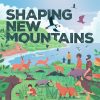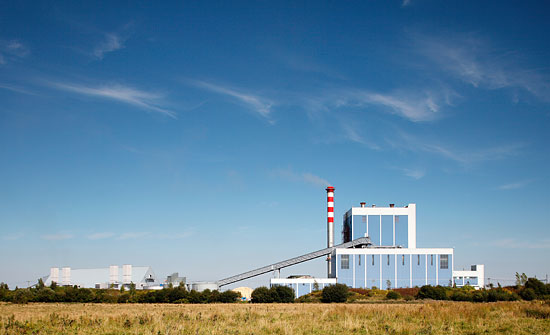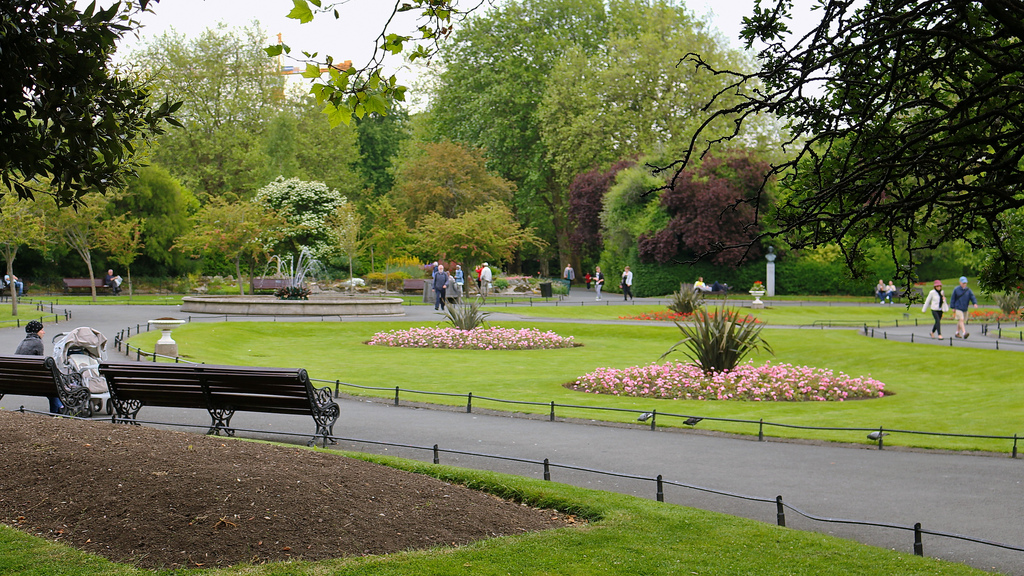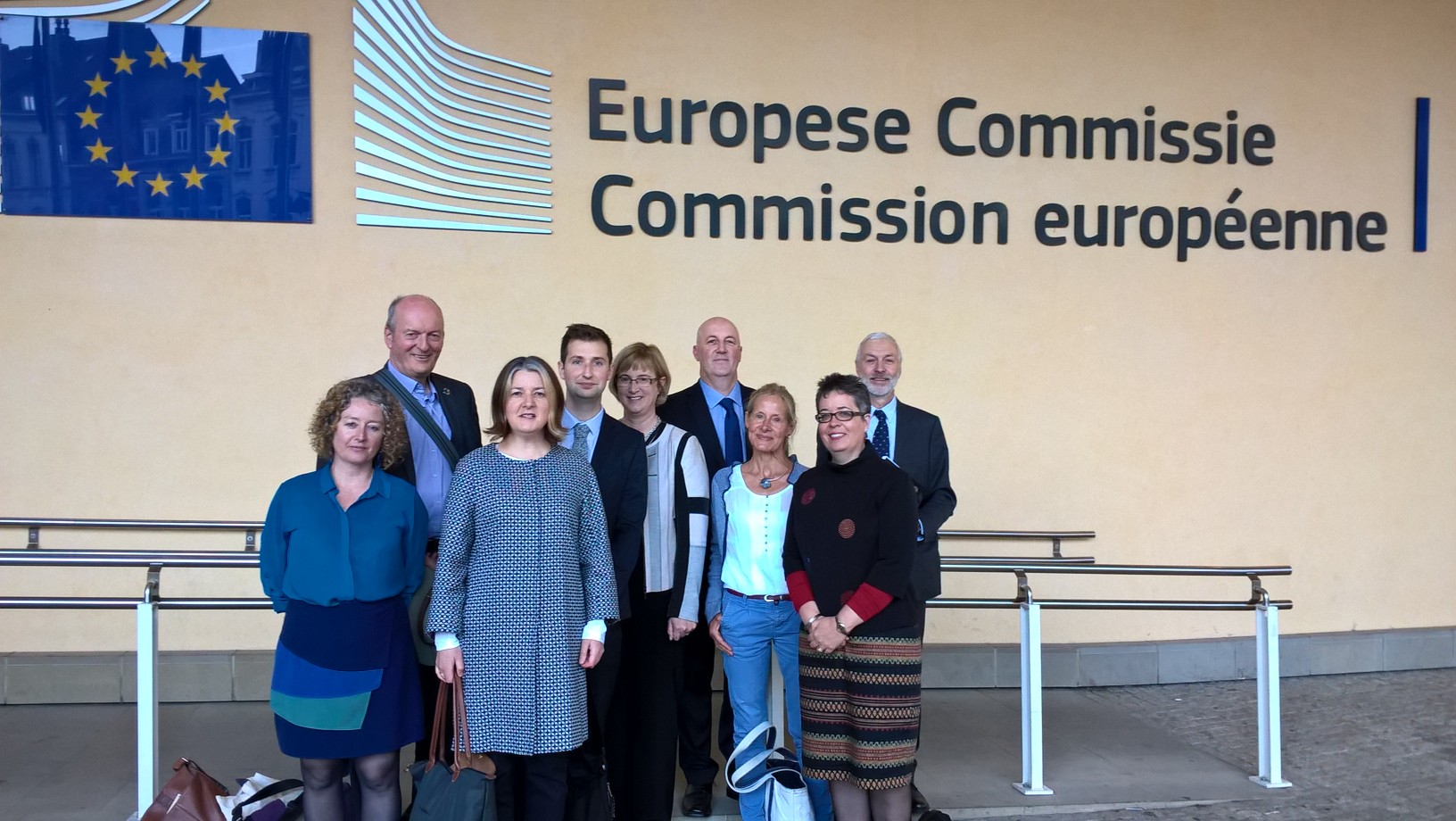Padraic Fogarty on Shaping New Mountains

29 January 2021
The first episode of Shaping New Mountains dropped today, and safe to say, we are excited.
Irish Wildlife Trust Campaign Officer and ecologist Padraic Fogarty hosts and spear-headed the series, and it took two years to put together.
It’s a follow-up from his book Whittled Away, and it looks at our ongoing biodiversity crisis. It’s a two-part project, with a whole section exploring six ideas for nature recovery.
We called up Padraic to find out the story behind the series and what we can expect to hear.
(And the first episode is out now! You can find it on Spotify, Apple Podcasts, or on the Irish Wildlife Trust website. Happy listening and happy reading).
In 2017 you published Whittled Away, which looked at wildlife decline here in Ireland. What does the biodiversity picture look like here now in 2021?
The situation has worsened, there’s no doubt about it. A lot of the pressures since 2017 have only increased on the ground.
But there’s also no doubt that there’s been a massive change in the level of awareness of biodiversity and climate issues in the last 4 years.
It’s been spoken about a lot more, and particularly by people who didn’t even know what biodiversity really was a couple of years ago.
So the trajectory hasn’t changed, but I suppose the signs that the trajectory might change have improved.
There’s a lovely story behind the name of this podcast. Do you mind telling it?
One of the things I tried to do in this project is draw in Irish folklore and heritage. There’s an awful lot of nature in Irish poetry, song and art.
So there’s this beautiful poem, The Storm by Mary O’Malley, and there’s a line in it that says, “locked in the woodlands, I hear a turning ashen oak and I am hauled to where the sea is shaping new mountains”.
I just thought that captured an awful lot. It has nature in it, it has this feeling of tumult and drama about it, and also a time of great change.
And that doesn’t necessarily have to be a bad thing. It could end up being good if we act the right way.
You say in the trailer that Whittled Away failed to explain the why of this crisis – how does Shaping New Mountains do this?
I was trying to understand what has happened to our relationship with nature that it’s come to this.
Why do we feel that it’s okay, or that it’s even necessary, to destroy nature in order to progress socially and economically? Why is it that even with everything we know and all the barrage of facts that we’re told by scientists and reports, why do people still seem to just shrug their shoulders and not take it very seriously?
So that led me down a rabbit hole, really. Because immediately you might have thought of politicians, but then why do politicians not act? Well, because people don’t want them to act or they aren’t complaining about it vocally enough.
Why is that? Well, maybe the media aren’t explaining it properly, maybe we don’t have the education. Maybe none of us know how to really talk about nature.
Then all of the sudden you’re going back to the Enlightenment and then back to early Christian values about the dominance of people over nature, and that’s really as far as I delved with it.
I think the point is that the dysfunction in our relationship with nature runs very, very deep.
In Shaping New Mountains, you’re looking at issues like inequality, consumption, and trade, and you also said you want this podcast to make the human connection. Why do you think some people have failed to see that?
I think we have learnt in one way or another that we’re separate from nature, that the problems in nature are not our problems.
As I say, that runs deep. But nature also teaches us that everything is connected. The web of life is a pretty old metaphor, and every strand of the living world is connected with one another.
But we don’t see that necessarily applying to us humans. Yet when you try to deal with environmental problems, I found very quickly you’re not talking about environmental problems anymore. You’re talking about the incomes of farmers, you’re talking about social inequality in cities and towns, you’re talking about people who struggle to put fuel in their cars or keep their homes warm.
And so in many ways, if we’re to bring back curlews, we have to address that inequality in our society as well.
And will the episodes be geographic or thematic? What can we expect to hear each week?
So the project is divided into two. There’s the dysfunction in our relationship with nature and how we can fix that in part one. The second part is the six ideas and I have focused them on geographical areas.
One is in Dublin and bringing nature into the city, another is the wild Atlantic rainforest in West Cork and Kerry.
I’ve also looked at the Pearl Valleys, and that episode is about how we’re going to do farming in the south-east of the country, where the freshwater pearl mussel is basically on the verge of extinction.
I look at the Shannon Wilderness Park and the Ulster Shark coast and the creation of an enormous marine protected area in the north of Ireland.
The last episode is Bear country, where I tried to look at the most ambitious wildlife project that I could for Ireland, and that’s bringing back bears to West Mayo and Connaught.
What do you hope people take away from this show?
I want people to reimagine Ireland.
Maybe you could say my goal with Whittled Away was to get people to look at Ireland with a more realistic eye and say, “look okay, Ireland can be beautiful but actually it’s ecologically half-dead.”
The other side of the coin then is what kind of an Ireland can we imagine?
That’s really the goal of what I’ve done. That’s why in the Shaping New Mountains project I worked with two artists who have done some great work on visualising that.
It’s also the antidote to the catastrophic side of this problem we have. We can imagine a different kind of Ireland that looks very different, that re-establishes a much more healthy relationship between people and nature.
[x_author title=”About the Author”]







